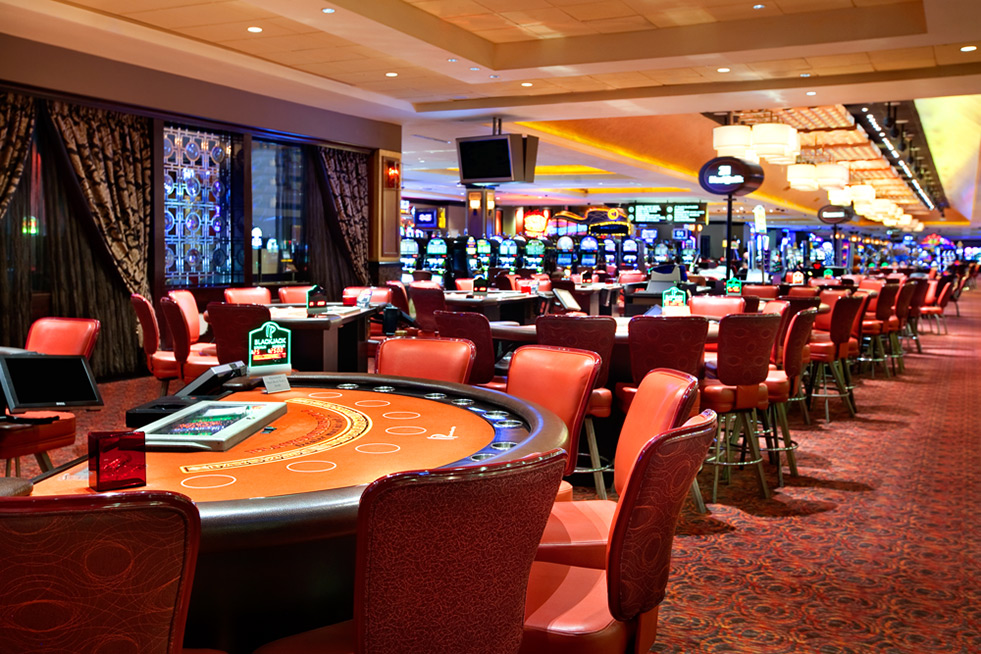
Casino entertainment have long been a fascinating form of entertainment, drawing countless of players from different cultures around the globe. KWIN From the glitzy casinos of Las Vegas to the busy gambling halls of the Chinese gambling capital, these games serve as a common thread that unites people across various backgrounds. The allure of chance, strategy, and uncertainty entices not only those hoping to gamble for profit but also those seeking a shared experience.
The significance of casino games extends well beyond the gaming floor. They often embody the values and beliefs of the communities in which they flourish. Games such as seven-card stud, pontoon, and the spinning wheel have woven themselves into the tapestry of mainstream culture, influencing multiple fields from cinema to style. As we explore this intriguing intersection of gambling and life, we can better understand how casino games shape and are shaped by the surrounding world.
Historical Progression of Casino Games
The beginnings of casino activities can be traced back to historical civilizations, where betting in multiple forms was extensively practiced. In Ancient China, around two thousand three hundred years before Christ, a type of luck game known as Keno was popular, while in old the Roman Empire, soldiers would regularly gamble on the consequences of their contests. The notion of using randomness for entertainment and profit developed over the ages, leading to the formation of more formal activities. By the end of the Middle Ages, betting houses began to emerge in European nations, notably in Italy, which brought forth early versions of well-liked activities still played today.
As betting expanded recognition in European regions, the 17th and 18th centuries saw the rise of casinos as specialized establishments for gambling. The initial official gaming venue, the Ridotto, was set up in the Venetian city in sixteen thirty-eight, providing games like Baccarat games and the game Faro. This time marked a significant pivoting point, as casinos commenced to welcome not just the high society but also the expanding middle-income class. The sophistication of activities grew, leading to the development of new rules and variations that enhanced the gaming experience.
In the 19th century, the industrial revolution and changes in societal norms additionally transformed the landscape of gambling activities. The introduction of roulette and modern slot machines drew a larger audience, and gambling establishments became seen as legitimate forms of fun. This time witnessed the globalization of gambling, as gambling houses expanded from European nations to the New World, culminating in the creation of the legendary Strip of Las Vegas in the twentieth century. The development of casino activities has progressed into the present day, including modern technology and digital platforms, allowing them available to a global market.
### Cultural Relevance in Different Societies
Casino activities have deep-rooted cultural and social importance in numerous cultures around the globe. In Las Vegas, the very fabric of the urban landscape is woven around gambling establishments, where playing is not just a recreational activity but a fundamental aspect of leisure and community life. The bright lights and vibrant atmosphere attract countless individuals, showcasing how casino games can influence local economies and cultural identities. This setting transforms the notion of leisure into an immersive experience that shapes apparel, music, and even cinema.
Conversely, some cultures treat betting with greater care, viewing it through the lens of ethical beliefs and heritage. A case in point, in many Oriental societies, games like Mahjong and Pai Gow Gambling are full of history and have significant social relevance. These games are often played during meetings and celebrations, fostering collective connections and strengthening kinship ties. The act of playing these games goes past mere amusement, reflecting values such as respect for elders and the importance of communal fun.
At the same time, in Western countries such as the principality of Monaco and the Italian Peninsula, games of chance serve as symbols of opulence and refinement. The stylish atmosphere of these locations attracts both tourists and residents, maintaining a sense of status and rarity. The art of the game of poker and the tactical components of games like baccarat are appreciated, influencing interpersonal interactions and establishing an allure that fascinates a heterogeneous audience. This emphasizes how casino games can concurrently echo and shape societal views towards risk, benefit, and community interaction.
Financial Influence and Tourism
Gambling activities play a significant role in the economic landscape of many regions, particularly those that depend significantly on tourism. The revenue produced from casino operations fuels local economies, creating jobs not only within the casinos themselves but also in connected industries such as hospitality, restaurant services, and entertainment. This influx of tourists, drawn by the attraction of gambling and the overall casino experience, stimulates expenditure across multiple businesses, contributing to the economic health of the area.
The existence of casinos often leads to the construction of facilities, including hotels, public transit, and leisure amenities. These developments are essential in enhancing the overall visitor satisfaction, making locations more appealing to visitors. Additionally, many casinos invest in local communities through support of activities and philanthropic activities, further embedding themselves into the social fabric of the locality. Such investment not only supports economic growth but also fosters a positive image of the gambling sector.
Moreover, the global popularity of casino games drives competitive tourism, with locations vying to attract players from across the globe. Iconic destinations like Las Vegas and Macau have become identifiable with casino culture, drawing millions each year. This competitive edge encourages innovation and variety within the gaming industry, influencing developments in entertainment and accommodation that resonate beyond their limits. The consequences of this tourism extend wide, impacting local financial health and cultural exchanges on a global scale.